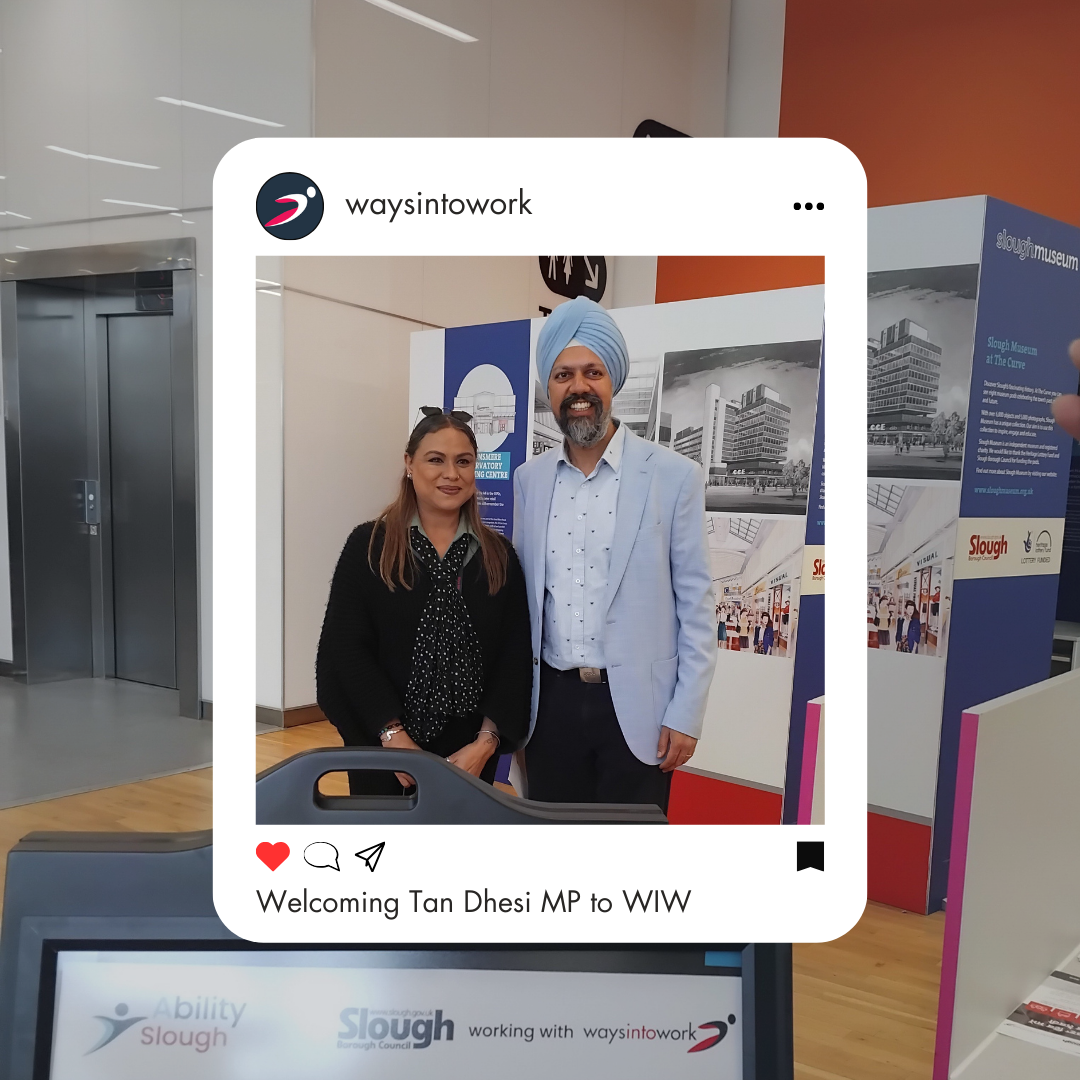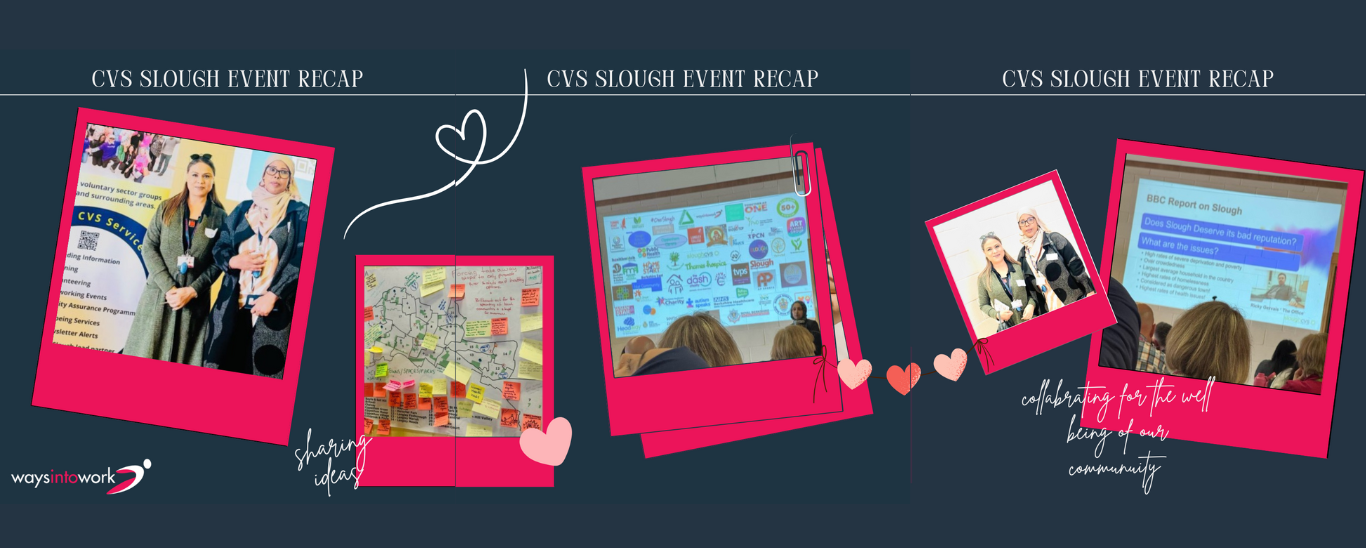World Autism Awareness Week 2021
Did you know that one in a hundred people are on the Autistic Spectrum?
In fact, there are around 700,000 adults and children in the UK who are autistic, so this means that you probably know someone (whether you actually know it or not) with autism – a friend, neighbour, colleague or family member.
Interestingly most people are unaware that autism actually isn’t really one single condition – it’s a collection of related neurological conditions and most autistic people are affected in one way or another through
all of the traits – traits like communication, social awareness, sensory processing, repetitive behaviours, information processing, neuro-motor control for example. If you only struggle with one or two of these traits then it isn’t autism, it is called something else. So for example, if you only have problems with body movement and control this would be dyspraxia, rather than autism.
This year between 29th March and 4th April is
World Autism Awareness Week. The United Nations also recognise the 2nd of April as World Autism Awareness Day. Both occasions aim to improve people’s understanding of autism and help make the world a friendlier place for those affected by it. Something as simple and easy as becoming more familiar and aware of autism can help make our society more understanding and inclusive. You can make a difference and lead this change by finding out about autism and how it affects people
here.
.
Autistic people face barriers to employment and discrimination in the workplace and society as a whole. The UN has stated that the pandemic has also exposed heightened inequalities, including obstacles in the recruitment process and workplace environment. The Office of National Statistics has also published new data showing that only 22% of autistic people are in employment in the UK. The employment gap between those who have this condition and those who don’t have a disability is over 50% now – an alarming statistic particularly given so many want to work, are capable of work and they have the skills that employers need.
So what’s the problem? Frankly, most often, it is simply an inaccessible recruitment process that ends up ruling this highly skilled workforce out of securing that all important job.
Ways into Work know that this employment gap can be greatly improved upon and are dedicated to making a difference. We provide ongoing support to help those with autism and other disabilities or disadvantage on their employment journey to paid work. We enable access to a range of opportunities, apprenticeships, supported internships, part-time and full-time roles. If you are a disadvantaged job seeker, find out more here.
If you are an employer, you too can help make a difference by increasing your awareness of Autism and other barriers to employment. We support employers' access to a relatively untapped talent pool, to develop and implement processes to provide equal opportunities, as well as provide advice and training around the benefits of a diverse workforce. Find out more about what you are missing out on
here.
More Posts






